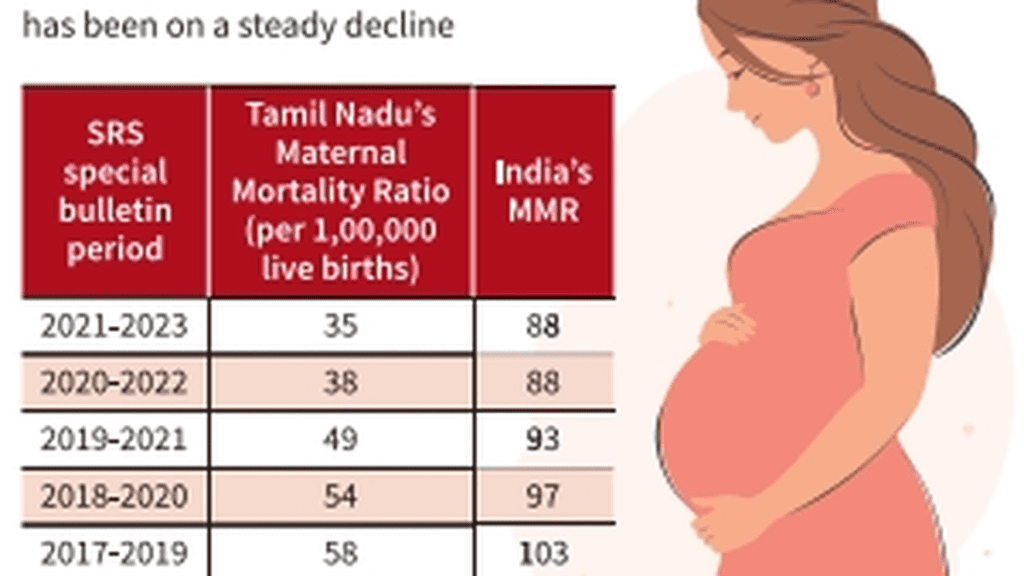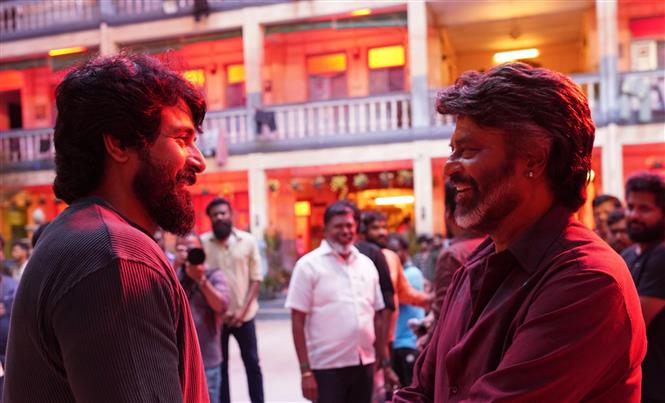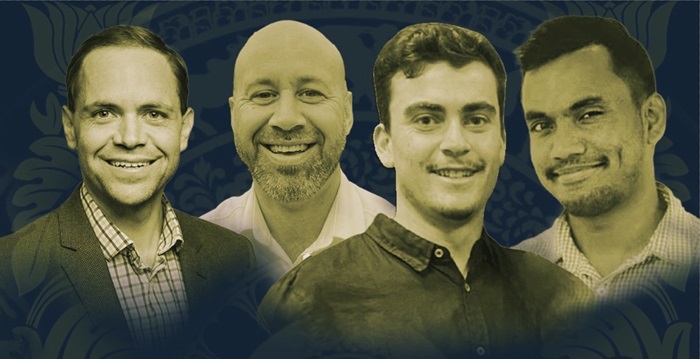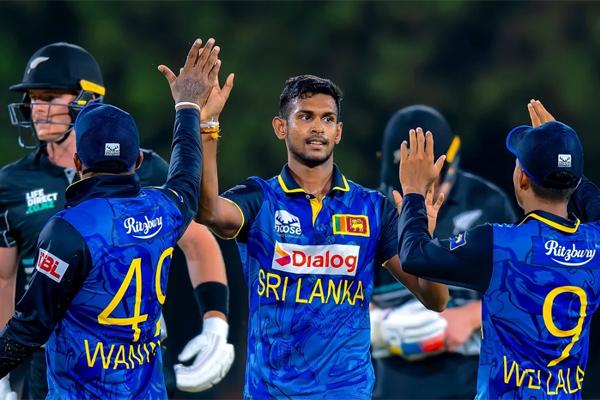Borussia Monchengladbach – The Holy Grail of German football that puts fans in the centre
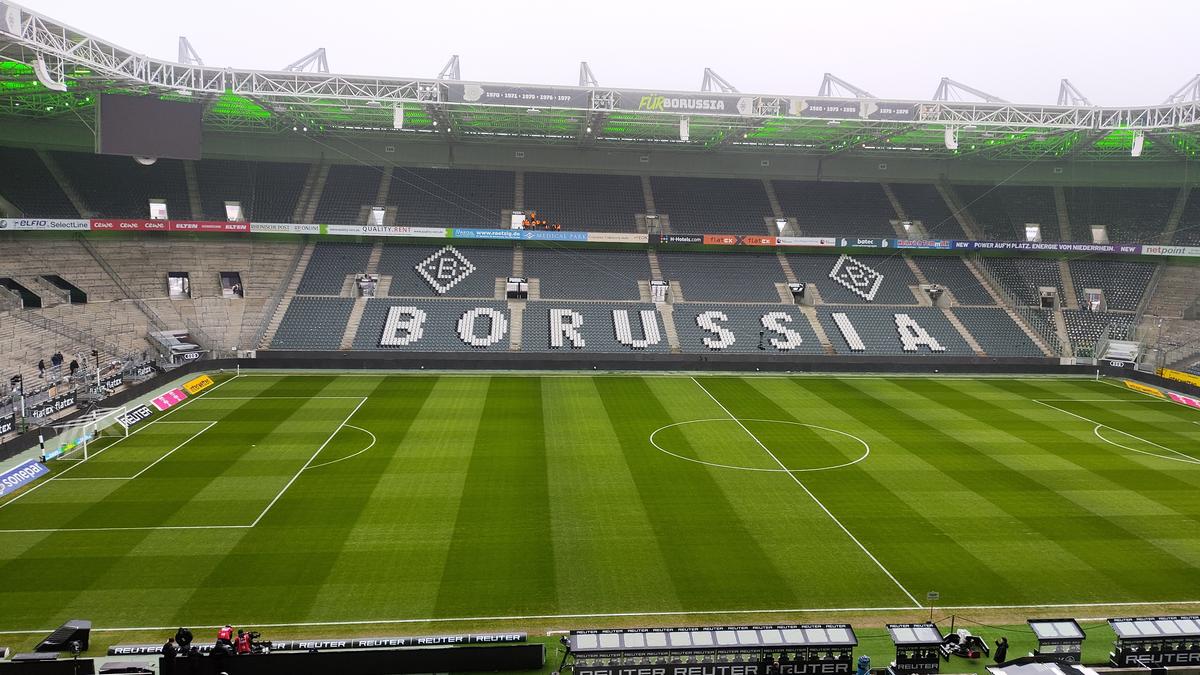
Borussia Monchengladbach – The Holy Grail of German football that puts fans in the centre
A fan’s feeling for the club is the Holy Grail for German football. This concept resonates in the philosophy of public participation serving as the guiding factor for the country’s top football league – Bundesliga.
Unlike the sweeping corporatisation of football across Europe and parts of the world where clubs in different football leagues are getting taken over by outside influence and investors, Bundesliga presents a contrasting picture with its ‘50+1’ ownership rule. (The rule refers to the need for members of a club to hold 50 per cent, plus one more vote, of voting rights – i.e. a majority)
“We put the fans at the centre. In any decisions that we take, we ask what is important for the fan and what does the fan expect from the club. We are a club that wants to be very familiar. Our training sessions are public,” insists Markus Aretz, the managing director of Borussia Monchengladbach club. This in essence is the guiding principle of the Bundesliga which the clubs are putting in practice.
“That’s a philosophy which is very important for us. When a new coach comes to our club, we always tell him one thing you have to learn, training is public. Maybe there’s one per week that’s not public because coaches always want to do something secretly, but the rest of the training sessions are public,” insists Aretz.
“So there’s always our members and fans watching the training. We always have families that come and spend two, three or four days here at Borussia Park, stay at our hotel, go to the training, go to the restaurant, go to the fan shop, and make a stadium tour. That’s very important for us,” the managing director is very specific about how the club wants its more than 100 thousand members to be involved.
The 50+1 rule, which was implemented in 1998, has prompted the German clubs to put the members at the centre while formulating different business models to finance their financial strategies.
“It is about football culture. It is even approved by the likes of ESPN and Sky, who say what you bring over or what you distribute is by far the biggest and the best football culture in the world,” said Peer Naubert, Bundesliga’s international chief marketing officer.
“Because we have the highest number of average stadium spectators per game, we are obviously by far the loudest, by far the most colourful league. And then we also have the 50+1 rule-making the club here very, very unique compared to the other leagues,” he added while pointing out how individuals or corporate investors are trying to overlook the fans’ interest in trying to maximise profit.
The most important pillar of the club is sporting success, but what is also very important for us is that we work with economic efficiency. We only spend the money that we earned before. We don’t take any risks. That’s a very old strategy, goes back to the 1960s and 70s when the club became famous and that is how we run the board nowadays,” Aretz elaborates on how his club implements the rule.
“The members own the club and the club owns the company where the commercial football business is done. That’s a very simple structure and we take all the decisions keeping fans at the centre,” he added.
Monchengladbach’s managing director then goes on to explain the unique selling point. “This area, what we call the Borussia Park, is 311,000 square metres.
Everything in the club is situated here, all the facilities including the stadium, the hotel, the merchandising, the medical centre and the training pitches for the youth teams. This is something very unique in the Bundesliga,” he said.
Given its solid foundation, the 125-year-old club is in the process of expanding its global footprint, which is mostly about developing overseas partnerships and establishing its brand image.
“Borussia Monchengladbach is not an average club. We are very well positioned and we have a very good brand properly positioned in the German market, and also in the international market,” said Philipp Havermann, Moncehengladbach’s head of internationalisation and brand partnership.
Havermann informed that the club has footprints in Switzerland, Luxembourg, Colombia, Brazil, Japan, China, Indonesia, and Singapore.
“Our positioning in foreign markets is passionate football. In foreign markets, it has been German-football development the Borussia way since 1900. We bring football as education to children through Borussia academy, it may be in the form of football camps or through assistance in creating academies,” he said while insisting on the development of territorial partnerships that bring profit to the club.
Will their internationalisation drive bring Borussia Monchengladbach to the Indian shores? “Of course, the Indian market is prospering. It is developing and we know the importance of the Indian market for the future, for us and also for the Bundesliga. But right now, for us, it is better to focus on the markets we have already tackled,” Havermann said.
The writer was in Dortmund to experience “Football As It’s Meant To Be” organised by Bundesliga International and Sony Sports Network, the official broadcaster for Bundesliga in India.



